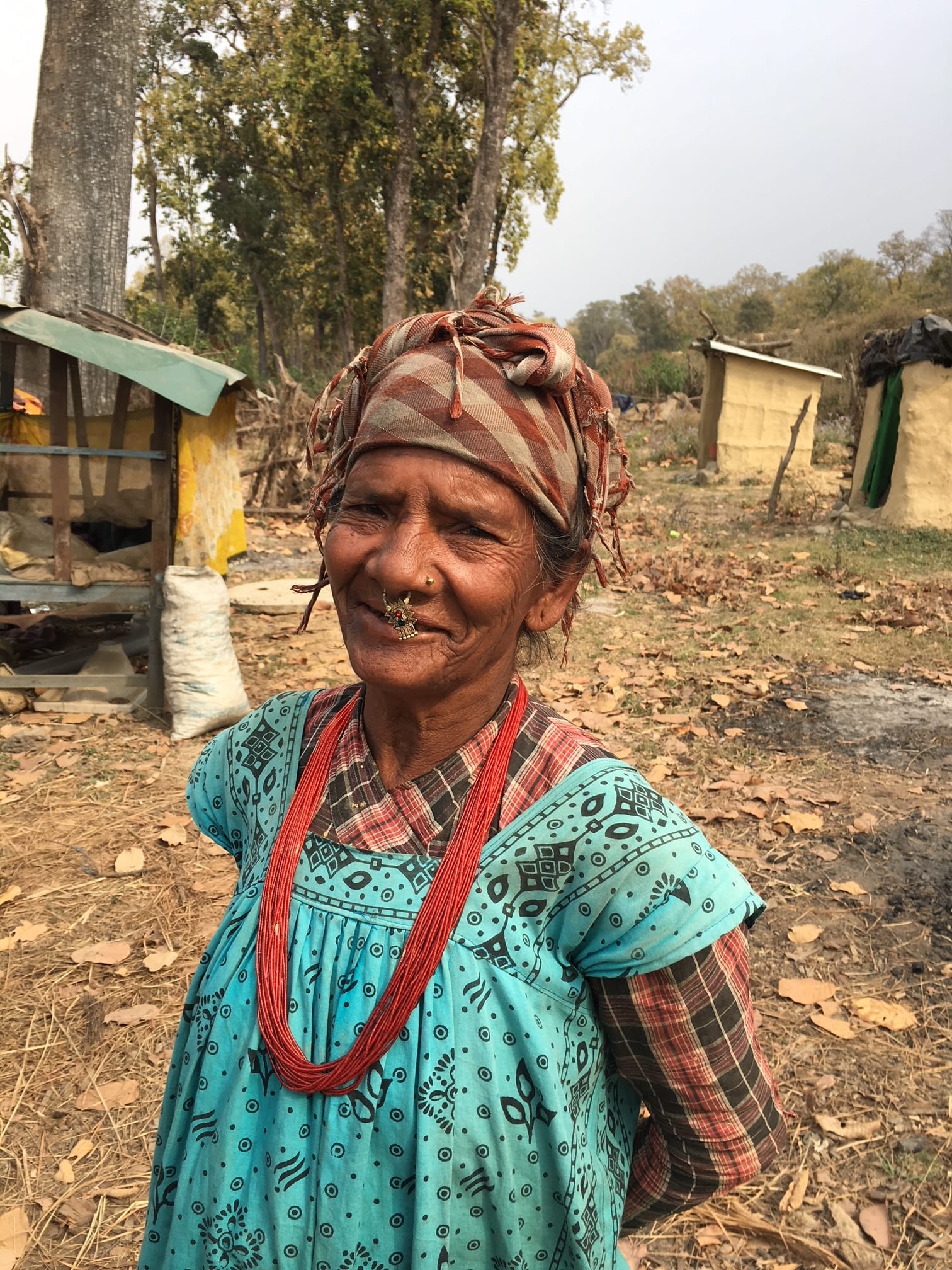Seeking change for those in Nepal






We are excited to share that we have a team in Nepal working on the early stages of a new aquaponics farm program. Through collaboration with NGO’s and local freedom-focused businesses in Nepal, as well as meetings with multiple village leaders, we have identified several villages that would greatly benefit from sustainable farming. All of these villages are overwhelmed by poverty and are deeply affected by child trafficking. By creating a sustainable food source, and the potential for new jobs, we can help keep women and children from becoming commodities.
Here is a story of a young woman we recently met who is trying to bring change to her local community. Her story illustrates a common theme that we have heard from village to village.
Sajita (an alias name) lives in a mud hut by the side of the highway. She and her daughter are part of the Badi tribe- a tribe in Nepal that has been stigmatized by sexual exploitation since the late 17th century. The Badi moved from India to Nepal where they received land and money for providing concubines to small-time rulers in western Nepal. After 1950, as local royalty lost power in the pro-democracy movement, the Badis watched their clientele disappear. Out of desperation, the tribe eventually turned to prostitution. The Badi remain the lowest ranking untouchable caste in western Nepal. The rules of Orthodox Hinduism dictate that members of the higher castes (Braham, Chetri, and Thakuri) cannot allow the Badi into their houses, accept food or water from them, use the same village pump, or even brush against them. However, higher-caste men are allowed to have sex with Badi prostitutes.
Sajita has been working tirelessly to create alternative job solutions to keep her daughter from living through the same difficulties she has had to face. She is trying to care for 30 people in her village by raising goats that were given to her by a local NGO, as well as by working at a tiny vegetable stand that she set up along the highway. We stopped by her stand to see what she was selling: fruit, ginger, and a few onions. That is all that she could gather that day from her early morning walk to the nearest town. When we asked, “If you could sell any kind of produce what would it be?” She said, with a helpless expression, “I’d sell anything to give my people more options, but I can only get what’s available and cheap in the nearest town that I walk to.” For her, the only option is to gather whatever money she can muster up to buy leftover produce from the market to bring back to her marginalized community. Like so many other people in the Badi villages, she doesn’t have the means, or the land, to start her own farm. She is stuck in the lowest possible caste which does not give her any hope for other solutions. Most of the men from the Badi villages go to India for long lengths of time to find labor jobs for less than minimum wage or resort to begging. So many people in Sajita’s situation resort to selling themselves and their children as their only option for survival. We want to help change that.
Although we didn’t promise Sajita that we would give her village an aquaponics farm as a sustainable food source, that is our plan. We are beyond excited to begin that process this coming fall. Thank you for your continued support—you make this work possible.